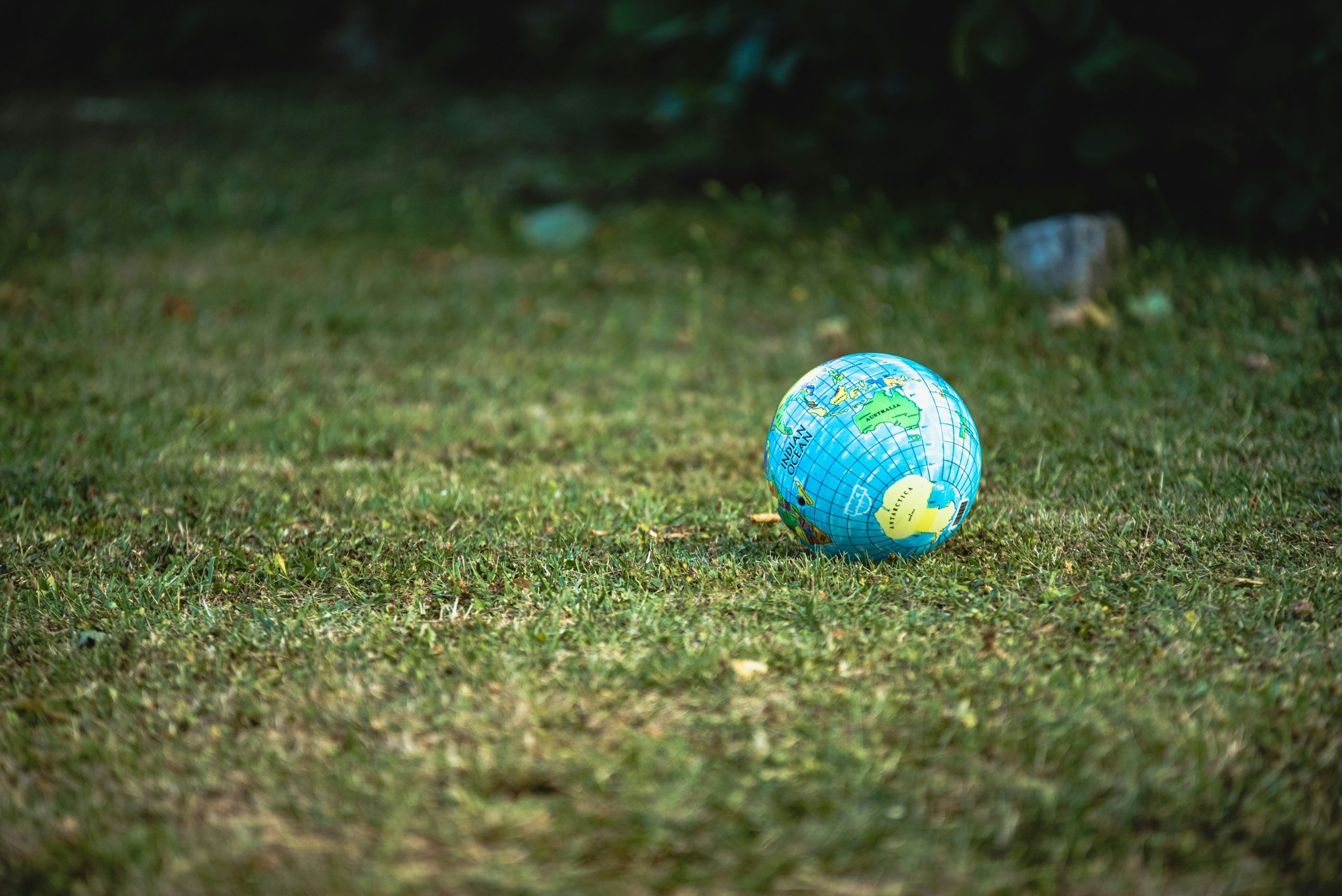
Japan: rising “efficiency”
Japan’s rank on the Happy Planet Index in 2019: #57. Explore the data.
By: Junko Edahiro
I will introduce the Japanese characteristics of the three factors used in the Happy Planet Index.
Japan’s HPI: 50.3
I am happy that for the first time, Japan rose above 50 points in 2020.
Life expectancy: 84.9 years old
Japan is known for its longevity. According to the UNDP’s Human Development Report 2020, Japan ranks second after Hong Kong.
Ladder of life (wellbeing): 6.12
This is Japan’s highest score over the past several years. ISHES conducted two separate surveys (May and June 2020). The first survey mainly targeted environmentally and socially conscious readers of the environmental email news service and Facebook page, and more respondents answered “my happiness level increased during the pandemic” compared to those who answered “decreased.” However, the second survey targeted a more general audience with sampling based on Japanese demographics, and produced the opposite result.
How about globally? The UN’s World Happiness Report 2021 ranks Japan the lowest among G7 countries, but on the HPI, Japan ranked third from the bottom of the G7, boosted by its higher life expectancy and its ecological footprint being relatively smaller than in Canada and the US. This suggests that Japan is more efficient than these two countries at delivering long, happy lives using environmental resources.
Ecological footprint: 4.30
Japan’s score has further improved from 4.99 in 2006 and 4.71 in 2019. Although this improvement was probably partly due to the economic downturn caused by COVID-19, we have also seen a positive overall trend recently and it looks promising for the future.
In 2020, the government finally declared its goal of making Japan carbon neutral by 2050, and this is accelerating corporate sustainability efforts. As of August 31, 2021, already 444 local governments have made a net-zero carbon emissions declaration, representing nearly 90 percent of Japan’s total population. What’s needed now is to further reduce the ecological footprint by turning the declarations and announcements into tangible reductions.
To improve Japan’s HPI scores
From the viewpoint of global sustainability, Japan should reduce its ecological footprint much further. The key is local production and local consumption of energy, which can also help to improve wellbeing. Japan has many innovative initiatives, such as energy from forest biomass in Shimokawa Town, Hokkaido, and Shonan Power Co‘s sustainable community and energy projects in Kanagawa Prefecture.
As for wellbeing, special consideration is needed for vulnerable populations. For example, employed single parents in Japan have less disposable income than unemployed single parents. This is because the majority of single parents are single mothers, making it difficult to maintain regular jobs, and it is mostly female workers who have non-regular jobs. These gender gaps should be addressed immediately.
Also, while longevity is a good thing, overall wellbeing may decline unless Japan can seriously address the issues of an aging society.
About the author
Junko Edahiro is Japan-based sustainability expert working to create a resilient and happy future. She is a Professor at the Graduate School of Leadership and Innovation, Shizenkan University and is the President of the Institute for Studies in Happiness, Economy and Society, Japan (ISHES), which is engaged in research and publishing from Japan to help realise a happy and sustainable society.
She conducts seminars and works as a consultant, has written many books on the environment and energy, resilience, animal welfare, and has translated dozens of books into Japanese, including “An Inconvenient Truth” by Al Gore.
How sustainably happy are you?
We've built a personal Happy Planet Index test to help you reflect on how you can create your own "good life that doesn't cost the earth".
Take the test





